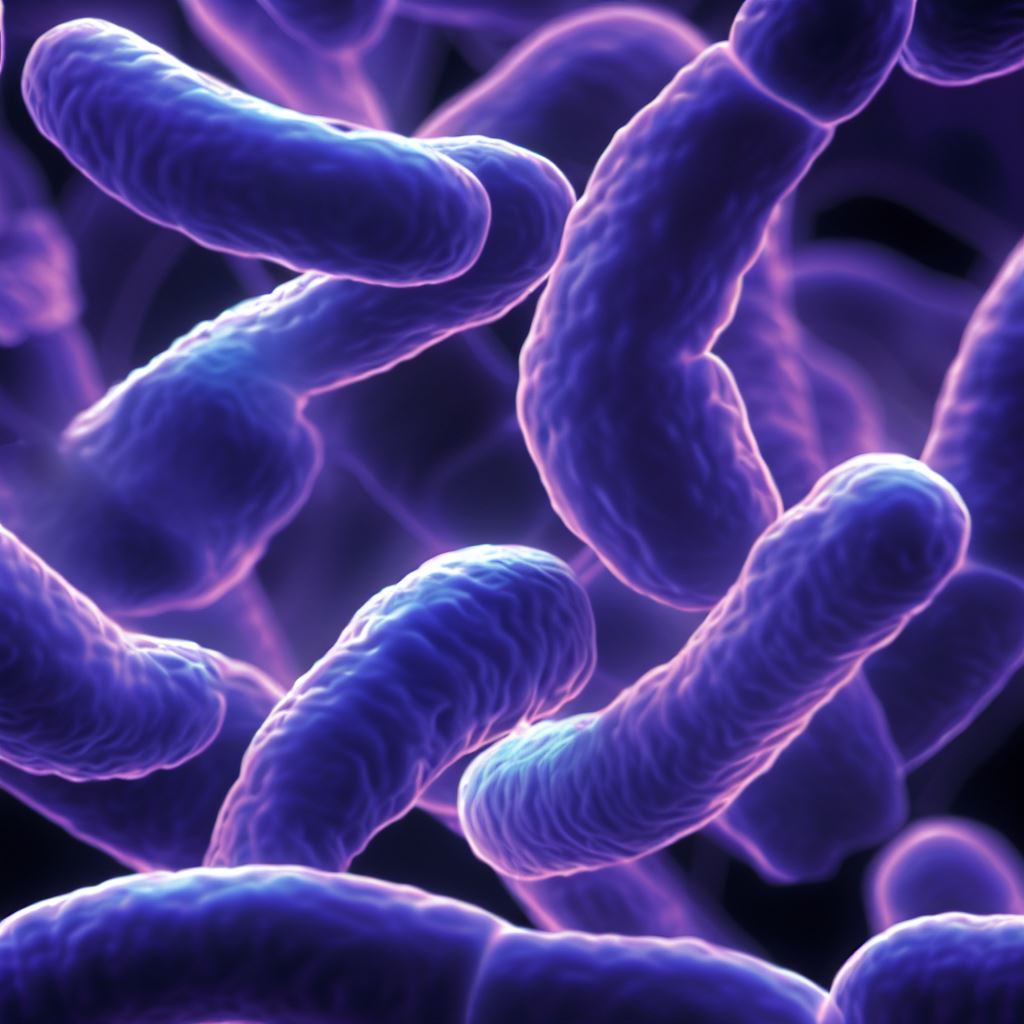Introduction
Antibiotics are the most frequently prescribed class of drugs in the US and many other parts of the world. However, they have become less effective due to resistance and antibiotic-associated side effects including interference with the microbiota. One way that scientists have been looking for new ways to treat severe infections is by using bacteriophages or “phages” as a therapeutic approach.
Phages are viruses that infect and kill bacteria. The human microbiome is a natural source of phage diversity and thus offers a rich source for exploring new phage therapies for gut health, obesity, autism, and more without a lot of doubt in scenarios like virus jumping. Provided that viruses are one of the most primitive forms of life, it’s now known that the ecosystem is incomplete without them and they play a great part in the evolution of other forms of life.

What is a bacteriophage?
As it has been mentioned earlier in the intro part, Bacteriophages are viruses that infect and kill bacteria. They are the most prevalent form of life in the environment having their number so high above those of bacteria. These viruses offer new therapeutic possibilities that can spare the microbiome system.
How do phages treat infections?
Phages can be used to treat bacterial infections—like pneumonia or urinary tract infections by simply applying them to an infected area. They have specific receptors on their surface that can bind to the surface of a bacterium, which allows them to penetrate the bacterium and release the phage’s nucleic acids (either DNA or RNA). This viral genome will instruct the bacterial cell to make more copies of the phages, which causes the bacterial cell to burst open due to pressure from all the multiplying phages. This process will repeat until all bacterial cells are cleared
The use of phages as a therapeutic approach is gaining traction because they are effective against antibiotic resistance bugs, have High specificity, and have fewer side effects like diarrhea caused by some of the antibiotics. Additionally, they don’t have harmful effects on humans or ecosystems when released back into nature after treatment, unlike other chemical drugs (antibiotics).
How does phage therapy affect the microbiome?
Phage therapy affects the microbiome by introducing new phages that can change the population of bacteria in a particular niche. The antibacterial potential of phages could be exploited by targeting the specific pathogenic bacteria present in each individual’s microbiome. Introducing new phages can also modify the gut microbiome through their effects on bacterial populations, including their nutritional and immune functions. Bacteriophages have a specified limited impact on the microbiome.
Specificity of bacteriophages
Phages target bacteria by binding to specific receptors on the cell surface called “phage receptors.” Phages are highly specific for the bacteria that they infect and kill. For example, an E. coli phage will only target and kill E. coli bacteria. If the same phage is introduced to the human body, it will not cause any harm because it is unable to attach to human cells. In contrast, antibiotics can affect both good and bad bacteria and also have higher chances of causing side effects.
The future
The future of phage therapy is promising. With the growing incidence and severity of antibiotic resistance, the urgent need for alternatives to antibiotics has become apparent. Phages are one such alternative that has been explored for their use in treating infections since the 1940s. Today, phages are being studied for their therapeutic potential against antibiotic-resistant bacteria and even tuberculosis, a disease that was once considered untreatable. The microbiome-friendly nature of phages also makes them an attractive option as they do not harm the gut microbiota, unlike traditional antibiotic treatments. However, there are many challenges to overcome before phage therapy can be used more widely in clinical practice to treat diseases like Clostridium difficile (C. diff).
Conclusion
Phages are bacteria-killing viruses that can be used to fight bacterial infections. Scientists have been looking for new ways to treat severe conditions by using bacteriophages or “phages” as a therapeutic approach. One way they have been exploring this is by using the microbiome (such as gut microbiome) as a natural source of phage diversity and thus offers a rich source for exploring new phage therapies for gut health, obesity, autism, multidrug-resistant infections, and even for non-communicable diseases like cancer through gene editing technologies.



